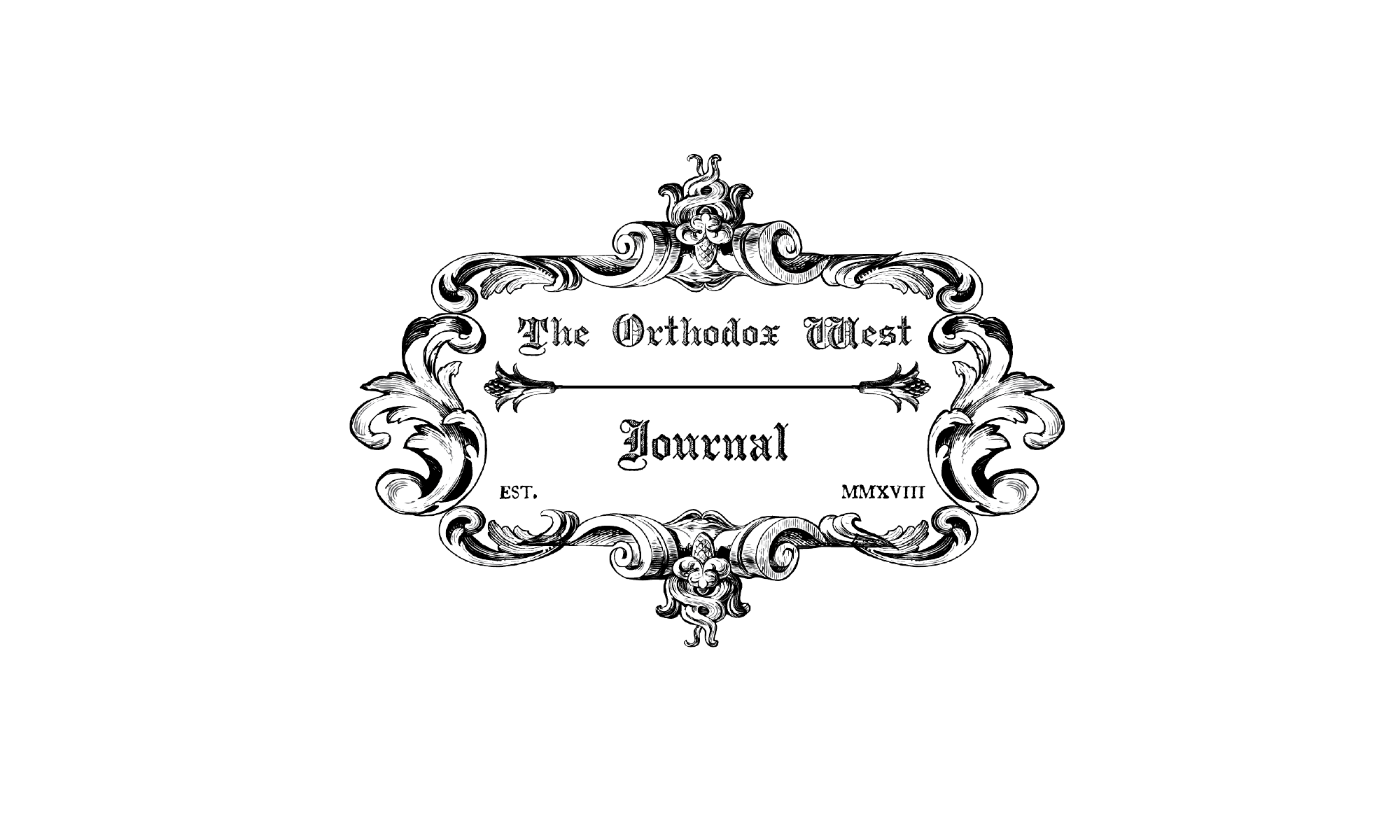In this essay, Edith M. Humphrey, seeking to recapture a holistic view of the atonement, focuses on the way that key Pauline texts (especially Colossians 1, Galatians 3 and 2 Cor 5) were read by fourth- and fifth-century interpreters. She argues that a full picture of the atonement needs to emerge that incorporates redemption, reparation, representation, righteousness, rescue, recapitulation, reconciliation, and revolutionary recreation. This full picture is drawn from the entirety of what Christ was, is, and did pro nobis, and with some surprises for those who draw too strict a line between “Western” and “Eastern” interpretations of Paul. Over against N. T. Wright’s insistence that atonement needs to be reimagined, Humphrey argues rather that it needs to be retrieved. In the patristic commentators, Humphrey demonstrates, we can find such a vision of the atonement.
Continue reading “Reclaiming All Paul’s Rs: Apostolic Atonement by Way of Some Eastern Fathers”St. Gregory Palamas and Thomas Aquinas: Between East and West
A talk given at St. Tikhon’s Orthodox University Conference in Moscow on May 10, 2016. By Marcus Plested
My title is “St. Gregory Palamas and Thomas Aquinas between East and West.” The notion of East/West opposition, as you are doubtless aware, has been a prominent feature of Orthodox theology since at least the time of the Russian Slavophiles in the early-to-mid 19th century. With this overall paradigm of opposition, one of the distinctive feature of 20th century Orthodox theology in particular, especially in the Russian diaspora, has been the elevation of St. Gregory Palamas to the status of a kind of archetype of the Christian East to set against Thomas Aquinas understood as an archetype of the Christian West. In other words, Orthodox neo-Palamism has emerged as a conscious counterweight to Catholic neo-Thomism. So what I want to do in this paper, which is based on the research I did for my book on Orthodox Readings of Aquinas, is to not only trace the contours of this development but also to demonstrate its inadequacy and inaccuracy.
Continue reading “St. Gregory Palamas and Thomas Aquinas: Between East and West”